Soda
Chances are that the body will suffer some effects due to the consummation of soda, so we will see what effects this beverage has on the human body. Soft drinks, fizzy drinks, coke, or soda are very popular drinks in the whole world, but in America, where it originated, is where the popularity of this drink reaches its peak. A person in America drinks around 14.5 ounces of soda every day.
This drink is mostly popular among the younger population, but adults also keep on drinking soda, which has integrated itself into every meal to such an extent that some people cannot eat without this beverage. There are no minerals, vitamins, or other nutrients in it, and in fact, it is not a healthy drink at all. It has carbon acids, preservatives, phosphorus, caffeine, flavorings, artificial sweeteners sugar, and other harmful ingredients, so you can imagine how many medical problems can occur in the future if this drink becomes a part of your life.
We will cover every ingredient of this drink in detail and see just how dangerous they are, as well as the drink itself.
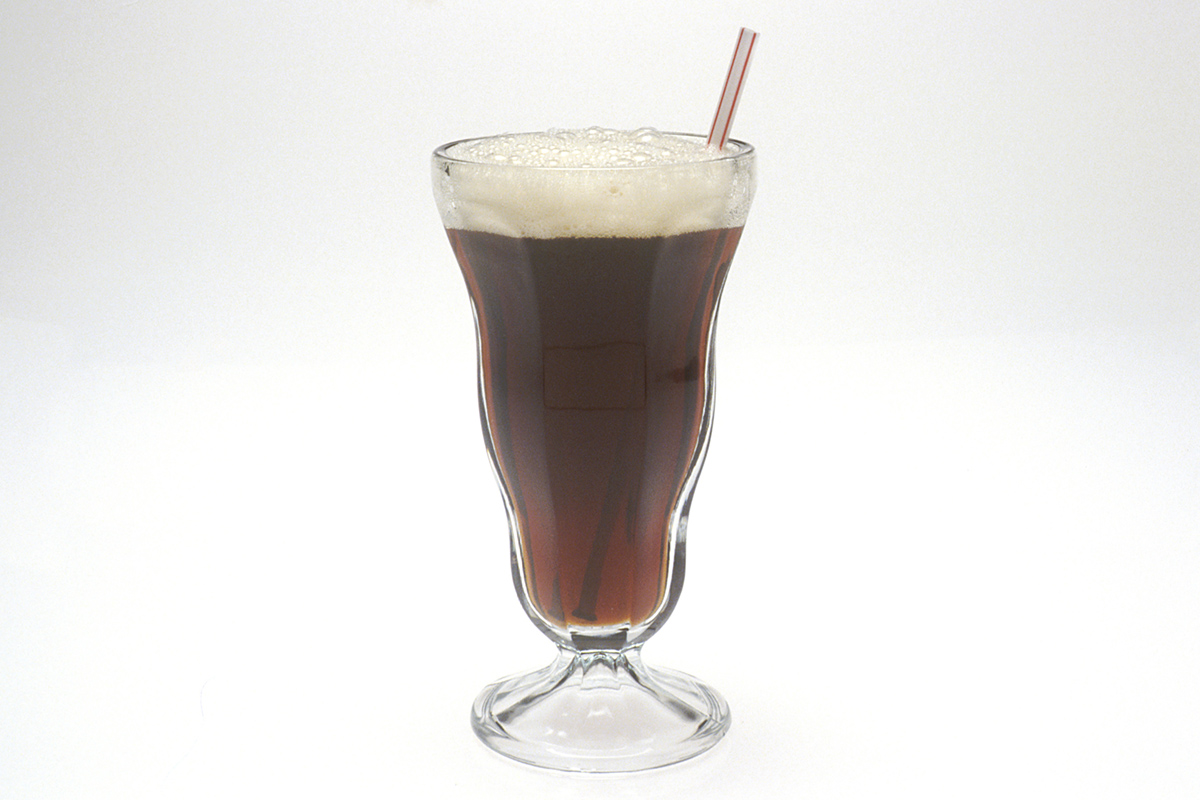
Effects
Soda has phosphoric acid, which is a very important part of this drink. It can lead to a deficiency of magnesium and calcium if drunk excessively, and the body depends on these two minerals to keep the muscle, nerve, and heart rate function normal.
The fact that they are also responsible for blood clotting and making the bones strong indicates how important these minerals are. Their deficiency may lead to bone fracture among kids, osteoporosis, damaged arteries, tooth decay, and loss of tooth structure.
Caffeine is the next ingredient, which can cause several harmful effects on the human body. It can lead to premenstrual syndrome, depression, muscle stiffness, muscle pain, vomiting, nausea, severe anxiety, and irregular heartbeat. Cola has a lot of sugar in the fructose corn syrup form, which can lead to high blood cholesterol, obesity, weight gain, diabetes, high chances of developing heart problems, and increased phosphorus levels. Still, even if you consume sugar-free soda, you will not be devoid of these harmful effects because, in these drinks, there are artificial sweeteners, which can cause high sweets and junk food cravings and thus obesity and weight gain.
- The objective of this study is to prospectively examine the association of soft drink and non-caloric soft drink intake with systolic and diastolic blood pressure in a sample of Mexican adults, overall and by hypertension status.
- We used data from the Health Workers Cohort Study spanning from 2004 to 2018 (n?=?1,324 adults). Soft drink and non-caloric soft drink intake were assessed with a semiquantitative food frequency questionnaire. We fit multivariable-adjusted fixed-effects models to test the association of soft drink and non-caloric soft drink intake with systolic and diastolic blood pressure. The models were adjusted for potential confounders and considering the potential modifying effect of hypertension status at baseline.
- A one-serving increase in soft drink intake was associated with a 2.08 mm Hg (95% CI: 0.21, 3.94) increase in systolic blood pressure and 2.09 mm Hg (95% CI: 0.81, 3.36) increase in diastolic blood pressure over ten years. A stronger association between soft drink intake and diastolic pressure was observed among participants with versus without hypertension at baseline. We found no association between non-caloric soft drink intake and blood pressure.
Blood can be more acidic, and the levels of acidity are altered due to the effect of the carbon acid found in the cola. The levels of pH are increased because the soda has a level of 2.5 to 3 and the body 7.4, and due to this, there may be problems such as high levels of acidity, which causes medical problems and a weak immune system. Additional problems possible in this situation are kidney stones, gallstones, heart problems, arthritis, cancer, acid-peptic diseases, diabetes, heartburn, and other problems connected with acidity.
- www.uclahealth.org/news/drinking-soda-linked-to-many-adverse-health-conditions
- www.aarp.org/health/healthy-living/info-2022/dangers-of-soda.html
- Photo courtesy of Renee Comet by Wikimedia Commons: commons.wikimedia.org/wiki/File:FountainSoda.jpg




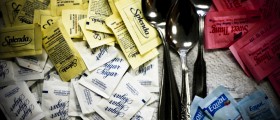


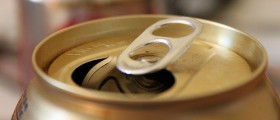

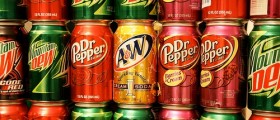
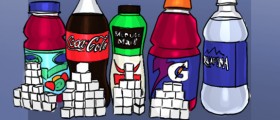

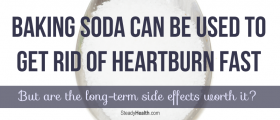

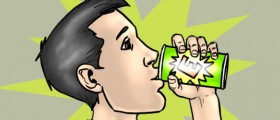


Your thoughts on this
Loading...